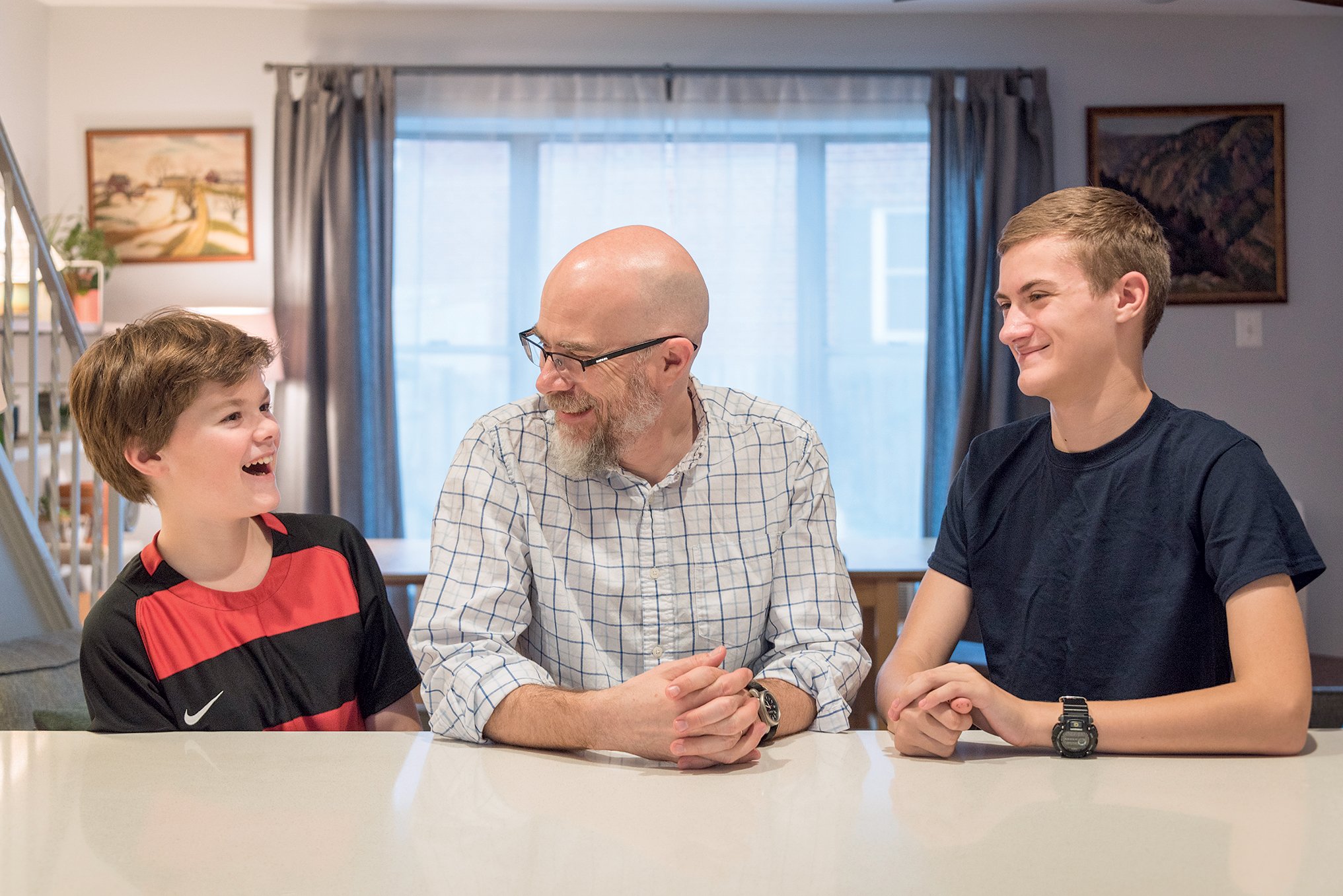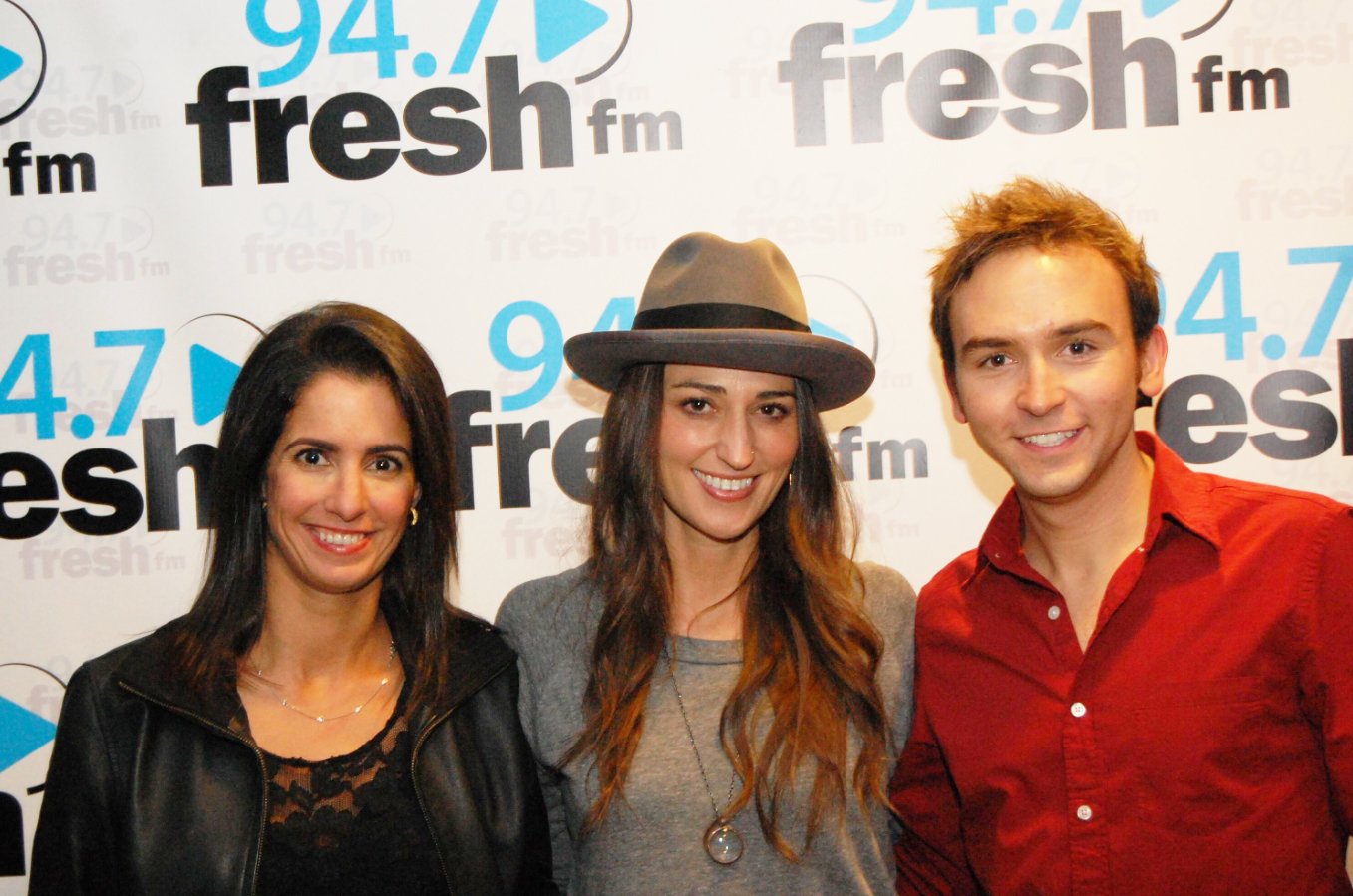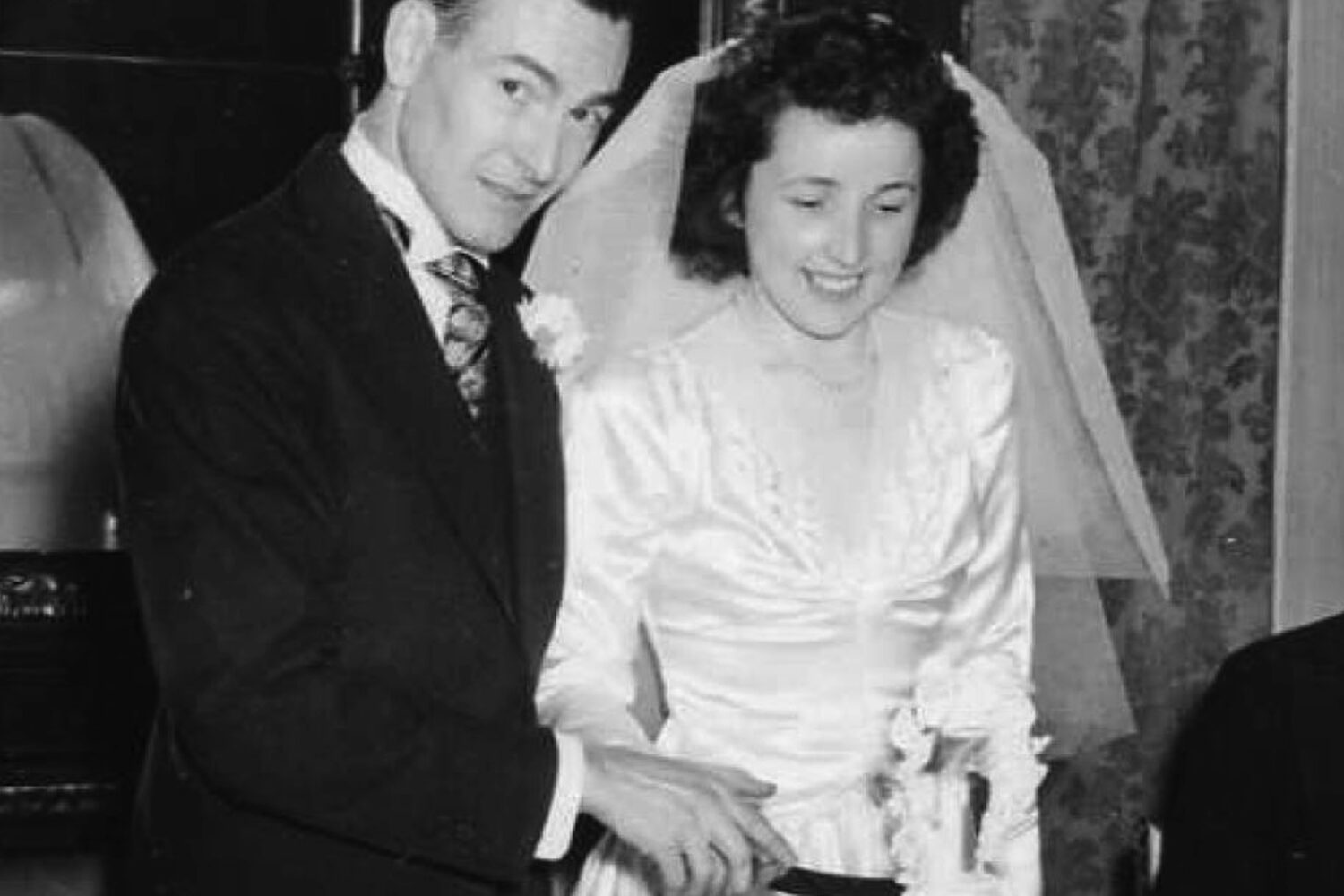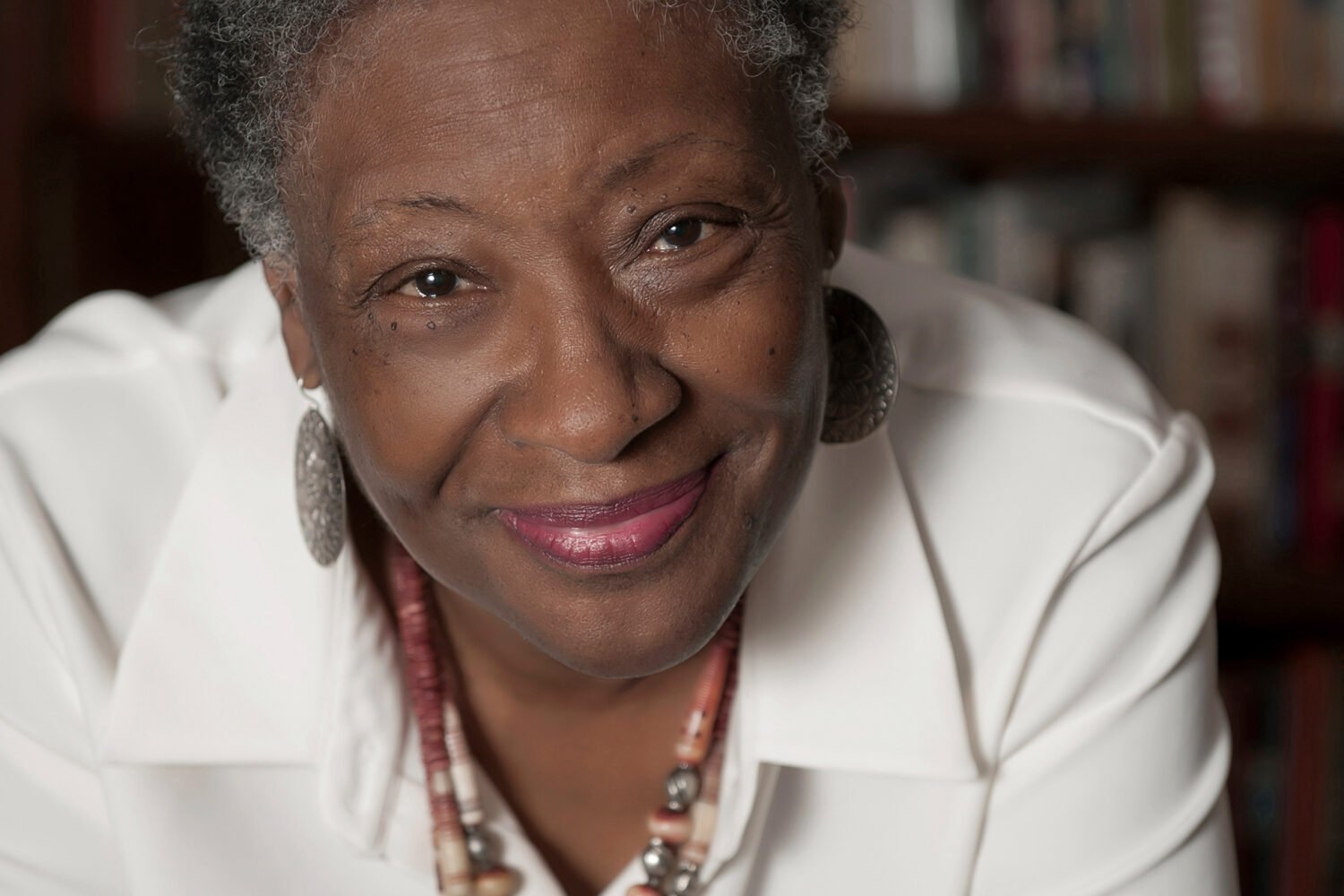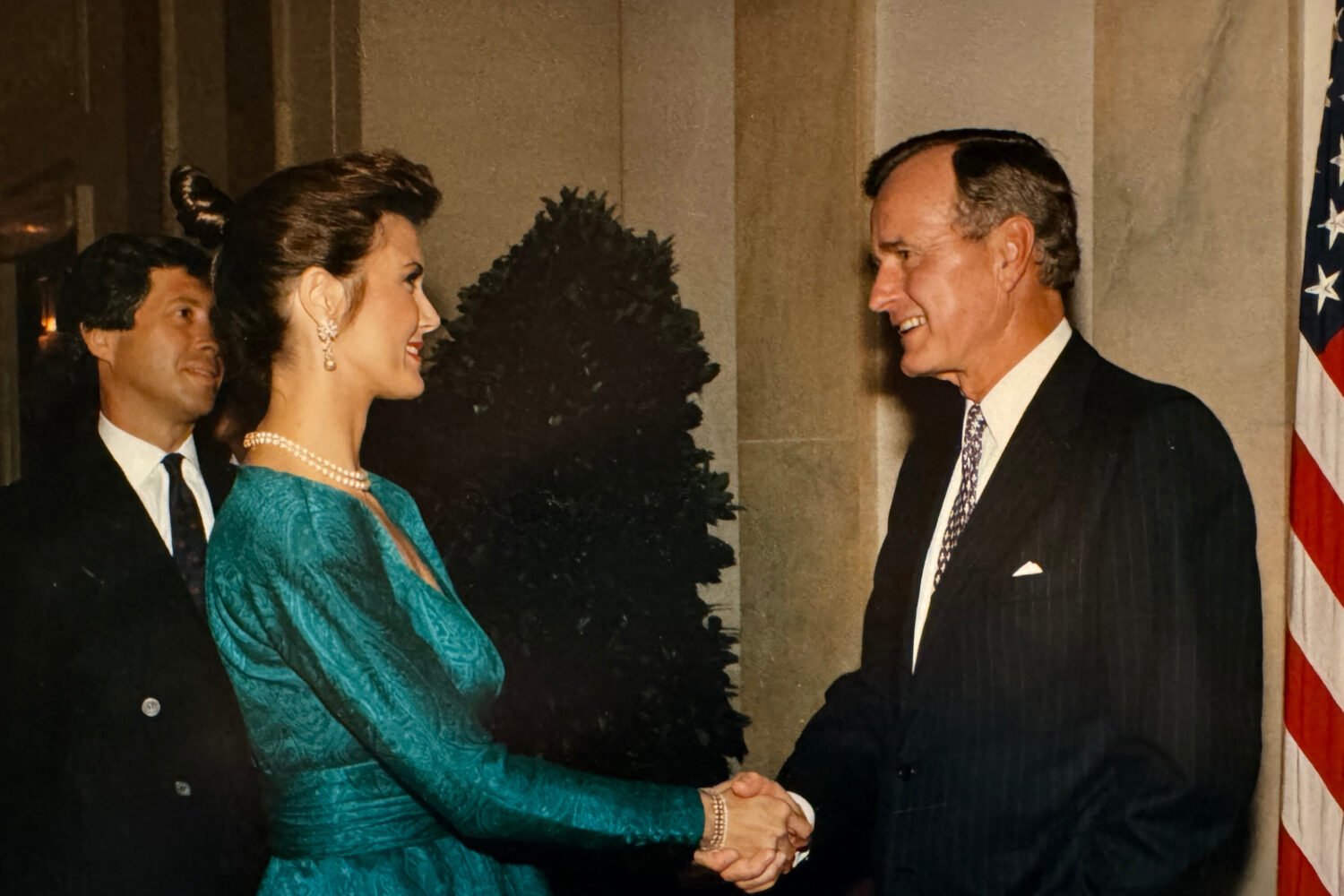I have pretty good taste in music, decent taste in food, and terrible taste in jokes. Seriously, here’s one of my favorites: What did the janitor yell when he jumped out of the closet? Supplies! I love puns, wordplay, appalling punch lines. Okay, one more: Why do scuba divers jump backward out of boats? Because if they jumped forward, they’d still be in their boats.
This isn’t the extent of my sense of humor. I remain entranced by the antics of the KLF, a late-20th-century British group whose Situationist-inspired pranks included awarding £40,000 to Britain’s “worst artist of the year,” writing a book about how to have number-one singles “the easy way,” burning a million pounds they made from making number-one singles, and making a movie about burning a million pounds. When it comes to jokes around the kitchen or office, though, give me something less conceptual. (What’s a pirate’s favorite letter? Wait for them to say “R,” then in pirate voice say, “Aye, you’d think so, but my first love be the C.”)
At first I didn’t notice the change in how people perceived my bons mots. I used to work at an alt-weekly where every headline required a pun. (For a review of The Lion, the Witch and the Wardrobe: IF I’M LION, I’M DYIN’.) As I shifted to working primarily on the internet, where headlines usually say clearly what each story is about, younger colleagues had a new way to describe my reflex to find double meanings in the news. Yep, my bad jokes had become dad jokes.
Like “ghosting” and “stan,” “dad joke” is a relatively recent term for an old idea. There are a couple of ways to look at our relationship with this sort of humor. It represents a break from the often charged discourse online—“Delete your account!” a thousand Twitter users joke when someone makes a bad pun—as well as a reminder of childhood, when dads could make kids laugh without much effort. Less warmly, traditional sex roles are baked into the phrase: Mom handles the hard stuff around the house. Dad bumbles in from time to time to make a fart joke.
My wife and I have worked to make sure our family doesn’t run that way, so the implication particularly irks me, but there’s another needle buried in someone’s dismissal of your humor as a dad joke: the sting of ageism. I can’t help noticing that people have used “dad joke” around me more as my beard has gotten grayer. A former coworker deployed it as a put-down whenever a group of us were kidding around. It worked: I’d either make an excuse and leave or change the subject. Not to put too fine a point on it, but I joke with my kids because I love them. I chat with coworkers because I’m paid to be around them.
This isn’t the best time in history for middle-aged guys to seek sympathy. Lots of people, including me, have bigger problems than getting their sense of humor low-balled, and I’m embarrassed to say I had to get older before I realized ageism is still a socially acceptable way to dismiss someone’s worth. Personally, I think this world would be better if we resisted every urge to fit people into easy categories.
But if appeals to humanity don’t move you, maybe an appeal to accuracy will. The most egregious practitioner of dad humor I know has no kids. My friend Tim, on the other hand, does have children but learned to weaponize wordplay in high school and, to the dismay of many, shows no signs of letting up. (“I hope they have showers and changes of clothes,” he wrote on Facebook before a visit to Zaytinya, the Mediterranean restaurant. “We might get a little mezze.”)
Perhaps the most important contribution I can make, though, is encouraging people to discern when exactly a bad joke becomes a dad joke. The answer, of course, is when it’s apparent.
This article appears in the March 2019 issue of Washingtonian.

